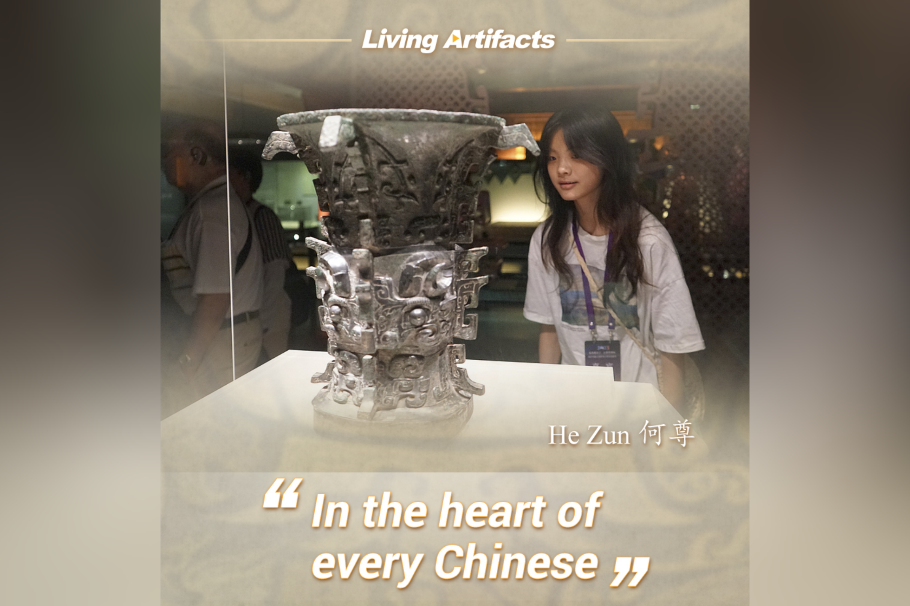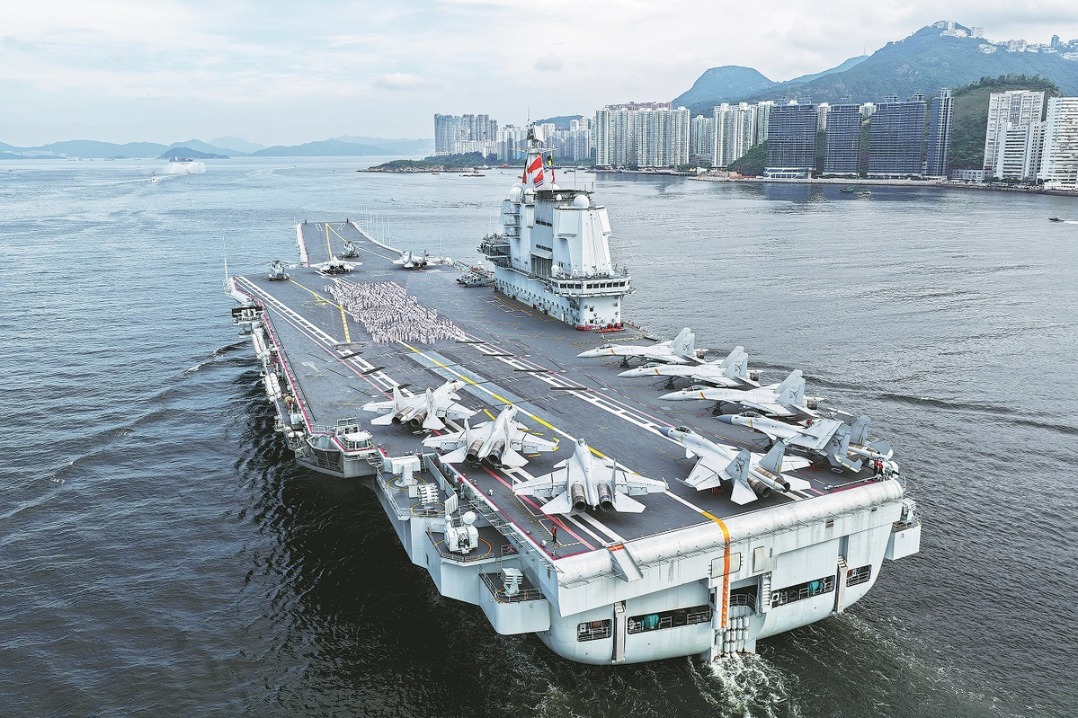Unfulfilled potential


China, Russia energy alliance should also include gas deals, says Oxford researcher
Too much talk and very little action sum up the two-decade old energy cooperation between China and Russia, says Keun-Wook Paik, senior research fellow at the Oxford Institute for Energy Studies and author of Sino-Russian Oil and Gas Cooperation: The Reality and Implications.
Paik's 506-page book highlights the progress made by the two nations in energy cooperation over the last two decades and also goes into the details of the trade, investment and financial arrangements of the relationship.
"This book is my legacy," says Paik, adding that he has been ploughing a lone furrow since there aren't many scholars doing research on the subject.
His book is the first major comparative study on Sino-Russian oil and gas relations that also explains how the significant and subtle characteristics of the oil and gas sectors in the two nations have led to contrasting outcomes.
Paik says that during the 1990s there were great expectations that the changed international environment would trigger favorable Sino-Russian bilateral oil and gas cooperation deal, and its subsequent extension into multilateral cooperation in northeast Asia.
"Progress, however, has been very slow and frustrating," he says in his book. "All that we have seen are several rounds of discussions and studies without any real agreements."
He says that his book attempts to analyze the core beliefs that govern the complex relationships between the two sides and also to explain why the results were often not commensurate with the anticipated returns. At the same time, the book also attempts to analyze how the developments of the last two decades will have an impact now.
Despite his pessimism on the overall progress of the talks, Paik says that there have also been positive outcomes.
The "most tangible achievement" has been in the oil sector, he says, referring to the first section of the East Siberia-Pacific Ocean oil pipeline that was completed in 2009, along with the spur pipeline to China at the end of August 2010.
With the completion of the Mohe-Daqing section of the pipeline in October 2010, 300,000 barrels of crude oil have started to flow to China from Russia on a daily basis.
The Tianjin joint venture refinery set up by China National Petroleum Corp and Russian energy firm Rosneft is another example of "tangible progress", he says.
Paik says that it is now important for China to ensure a steady supply of crude from Russia to Heilongjiang because crude output from the oil fields in three northeastern Chinese provinces, in particular the Daqing field, have declined significantly.
Feng Yujun, head of Russian studies at the China Institutes of Contemporary International Relations, says that China imported nearly 20 million tons of crude from Russia last year. In other words, Russia accounted for 9 percent of China's imported crude supplies.
The real problem, Paik says, is that while progress is being made on the oil front, there has been little progress in natural gas.
The prospects for stronger Sino-Russian oil cooperation in the next two decades are skewed more toward gas rather than oil, Paik argues in his book.
Beijing's need for pipeline gas from Russia is not as desperate as its need for Russian oil, he says in explaining the two countries' different stances on gas cooperation.
Gazprom, which has a monopoly over Russian gas exports to Asia, prioritizes Altai (West Siberian) gas exports to western China, while Beijing gives more priority to the supply of East Siberian gas to its northeastern region.
Beijing's planners "are fully aware of the risks involved in Gazprom's strategy of prioritizing Altai rather than East Siberian gas exports", Paik argues in the book, referring to the EU's contracting appetite for Russian (West Siberian) gas after the global financial crisis.
These differences are prompting Gazprom to adopt a more aggressive Asian gas export policy, Paik says, adding that Beijing "is uncomfortable with" Gazprom's "swing supplier" strategy between the EU and China.
If a pipeline network is built to divert the European gas supplies to Asia, "it would be a nightmare for European buyers as it gives Russia undue leverage".
This also partially explains why Chinese policymakers, "particularly (Premier) Wen Jiabao", have repeatedly stressed that China's priority is not Altai gas, but East Siberian gas.
"The Chinese planners have no wish to be blamed for 'robbing' the Europeans. The key point is that they can obtain Central Asian gas from other countries like Turkmenistan," Paik says.
Apart from the strategic concern, Russia's demand for "unattractively high prices" is another key reason why Sino-Russian gas cooperation has not progressed.
Paik says that the current outlook is still skewed in the favor of oil, while gas potential may remain largely under-utilized.
A failure of the Sino-Russian gas relationship will "deprive both countries of a potential win-win solution to their energy and development problems, and increase future global rivalry in the market for liquefied natural gas", he says.
The failure would also force China to significantly expand gas imports, he argues. This would then increase the competition for LNG supplies not just between LNG importers in Northeast Asia, but also for other buyers of LNG in regions as far as Europe.
Though he started working on the book in 2007, Paik says his "own long march" of research into Sino-Russian oil and gas began in 1983, the same year when he began to study international relations in Yonsei University in Seoul, South Korea.
He didn't expect the long march to last for over three decades.
Paik initially focused on researching China's oil politics. But in 1989 when he arrived at the Aberdeen University in Scotland for his PhD, his mentor encouraged him to add gas also to his field of studies.
Paik admits that he was not so sure of enlarging the scope of his studies, but soon realized that it was "something he had to do".
His first book, Gas and Oil in Northeast Asia: Policies, Projects and Prospects, was published by Chatham House, or the Royal Institute of International Affairs, based in London, in 1995.
The Petroleum Industry Press in Beijing published the Chinese version of Sino-Russian Oil and Gas Cooperation: the Reality and Implications in late January.
zhanghaizhou@chinadaily.com.cn

(China Daily 02/22/2013 page20)
Today's Top News
- Xi's letter uplifts nation's young people
- Actor hailed for joining CPC at 92
- China issues final ruling of anti-dumping probe into EU brandy imports
- China urges cooperation as US lifts trade restrictions
- China, US confirm details to implement leaders' consensus
- Will artificial intelligence outsmart humankind?































